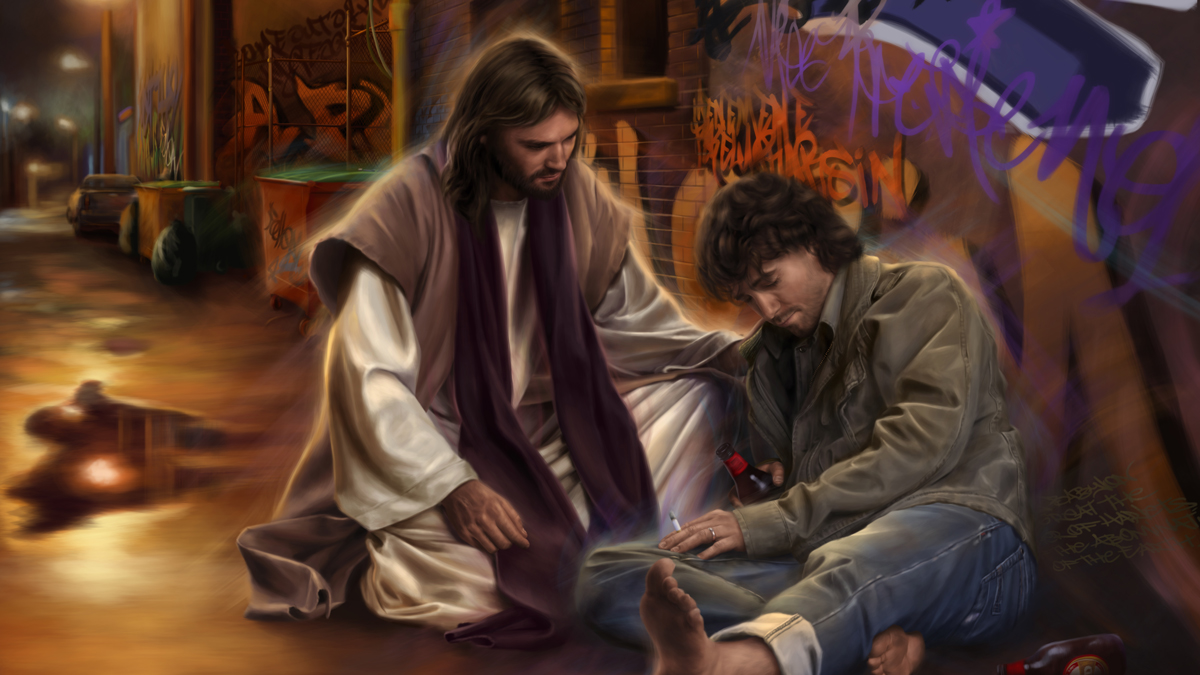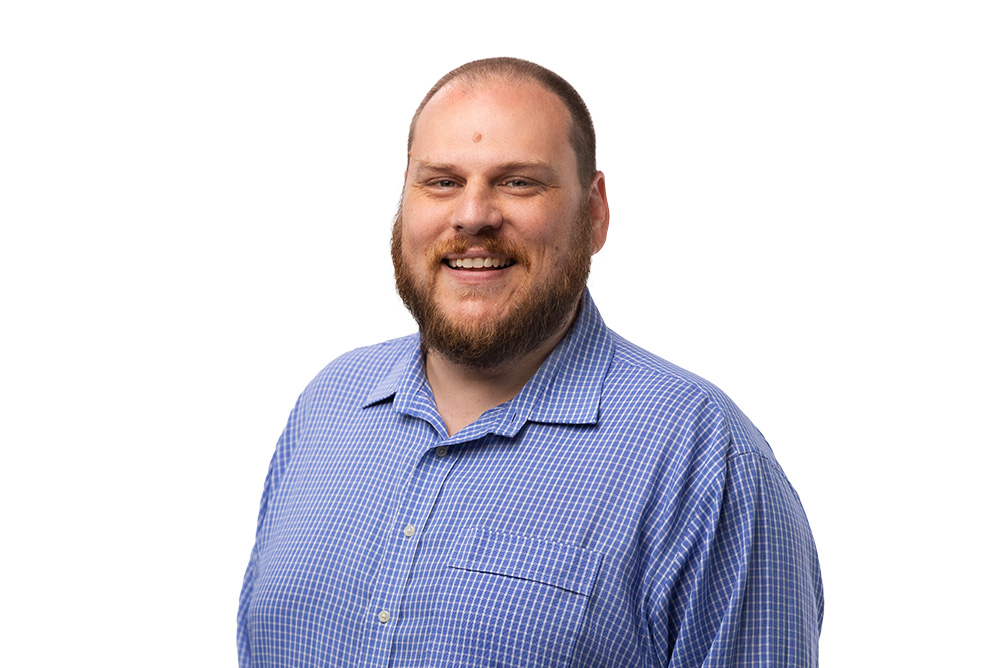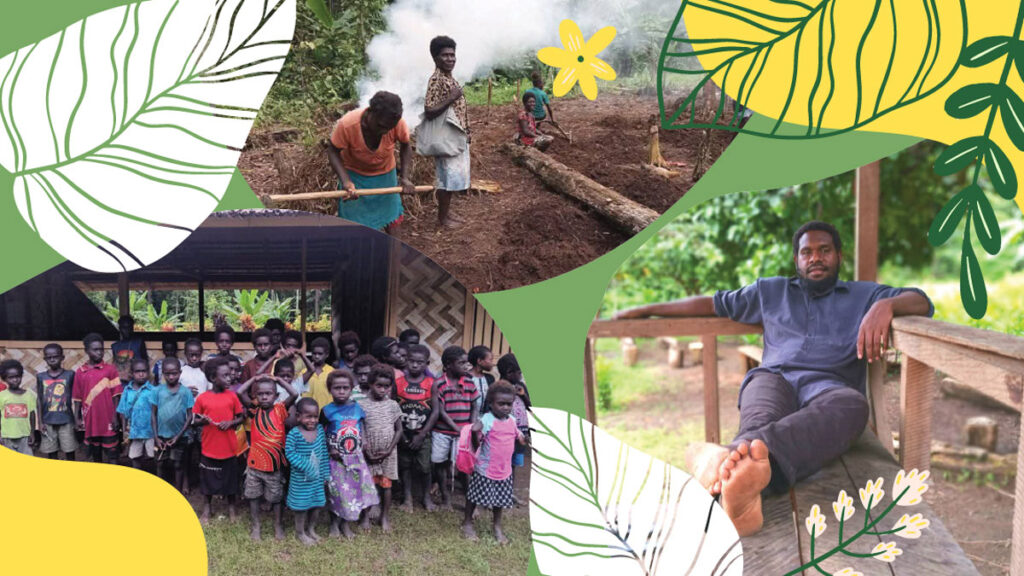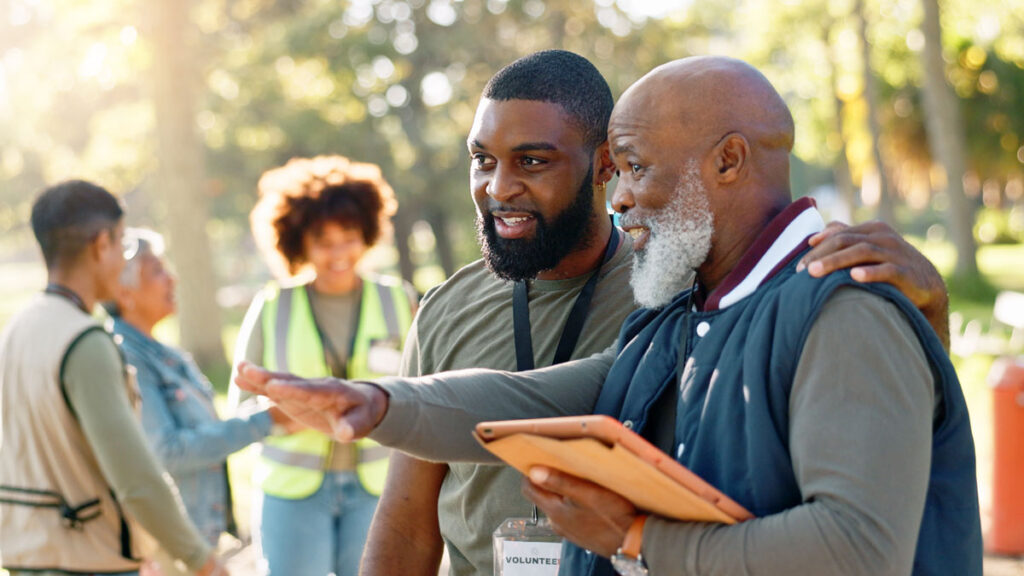The news story reads like the plot of a movie.1
Jessica Sharman was travelling to work in London when she suffered an extreme seizure. She was taken to hospital and eventually made a full, physical recovery.
One thing that she did not recover was her memory. She couldn’t remember her parents or even her boyfriend, Rich. She couldn’t even recognise herself.
So Rich decided to make her fall in love with him all over again. He could have walked away at that point and made a fresh start. Instead, he had to work very hard—winning back her trust, building new shared memories and sticking by her no matter what. Yet in some ways, it was a complete new start for Jessica. She found a new job and cut some ties from her old life. She found it stressful when people came up to her because they recognised her and tried to prompt her memory of events she had absolutely no recollection of.
Sometimes I think we wish our conversion experience was like that. We wish that being born again was such a clean slate, a complete reset. In many ways it would be easier. I’m sorry to tell you, that’s not conversion, that’s reincarnation!
When we are born again, we have a new start, however, unlike Jessica, our memories are not wiped. We still retain the trauma, the hurt, the pain, the habits and the effects of sin or decisions we may have committed in the past. Yes, God can help and heal, and sometimes He will free us from some things immediately. This is not everyone’s experience though. More frequently, it’s a journey of growth, as Paul calls it, a race to be run (and won) with Christ’s help (1 Corinthians 9:24). [pullquote]
There are good reasons for this.
The memory of what we have been through should give us compassion and empathy for those still enmeshed in difficult life circumstances. I had no tools to help those suffering until I had suffered myself. This awareness of what we once were and how reliant we are on God’s grace, should keep us humble and protect us from the sins of pride, judgement and prejudice. If our memories were wiped, we wouldn’t get this protection.
We are also given the opportunity to use our experiences in ministry (not the paid kind necessarily but the kind all Christians are expected to do in sharing their faith). Our past experience can be both a training ground and a network.
There is a biblical precedent for this.
The man healed from demons was sent by Jesus back into his community, while Jesus Himself was driven out. The next time Jesus returned to the region, He was welcomed due to the testimony of that man.
Moses left his upbringing and his enculturation to live in the desert for 40 years, picking up skills that would be very handy in his role as Israel’s leader. But when God meets Moses at Sinai, He calls Moses back to engage with Egypt once more, to be God’s spokesperson in that wealthy, heathen nation.
We are called to love our family and friends, even if they are still engaged in all the behaviours we have escaped from. We need to seek ways to stay connected and give them opportunities to see our changed lives. Some people may pull themselves away from us because of who we choose to be, but we are called to serve and heal broken humanity.
Yet too often we act as if we have amnesia. We find ourselves conforming very quickly to our new family, our faith community, and cut our past lives away.
If we live like we have amnesia, we will be less effective as runners in the race of life. God calls us, not to deny or forget our past, but to use it; to remind us of where we have come from, to feel for those who are struggling, to repurpose our skills for ministry and to utilise our networks to share the good news that we have received.






